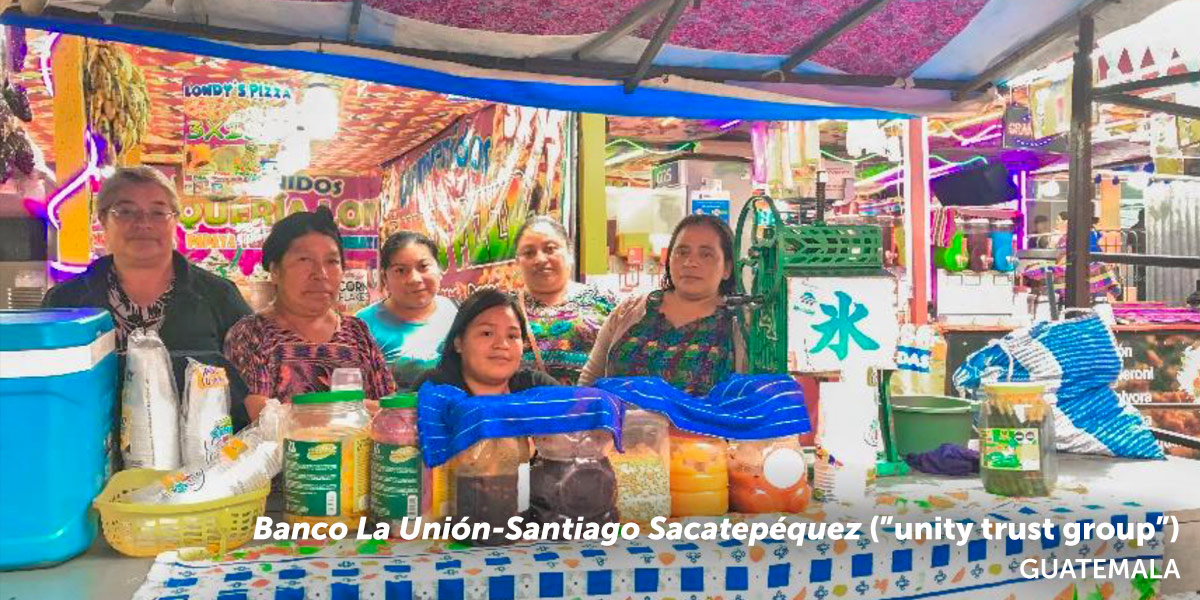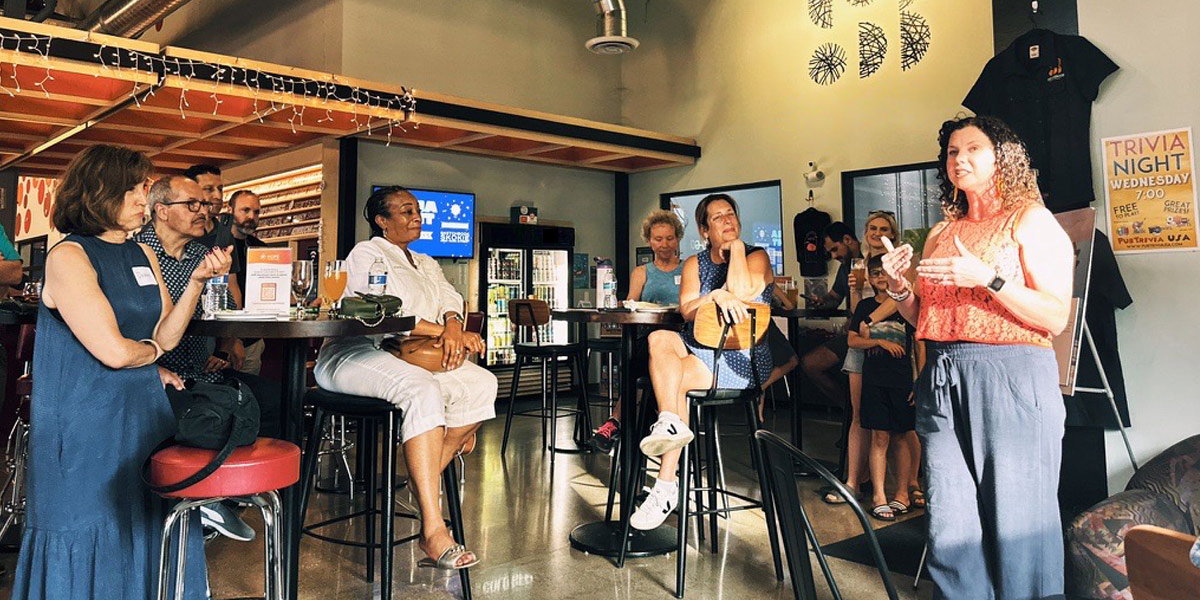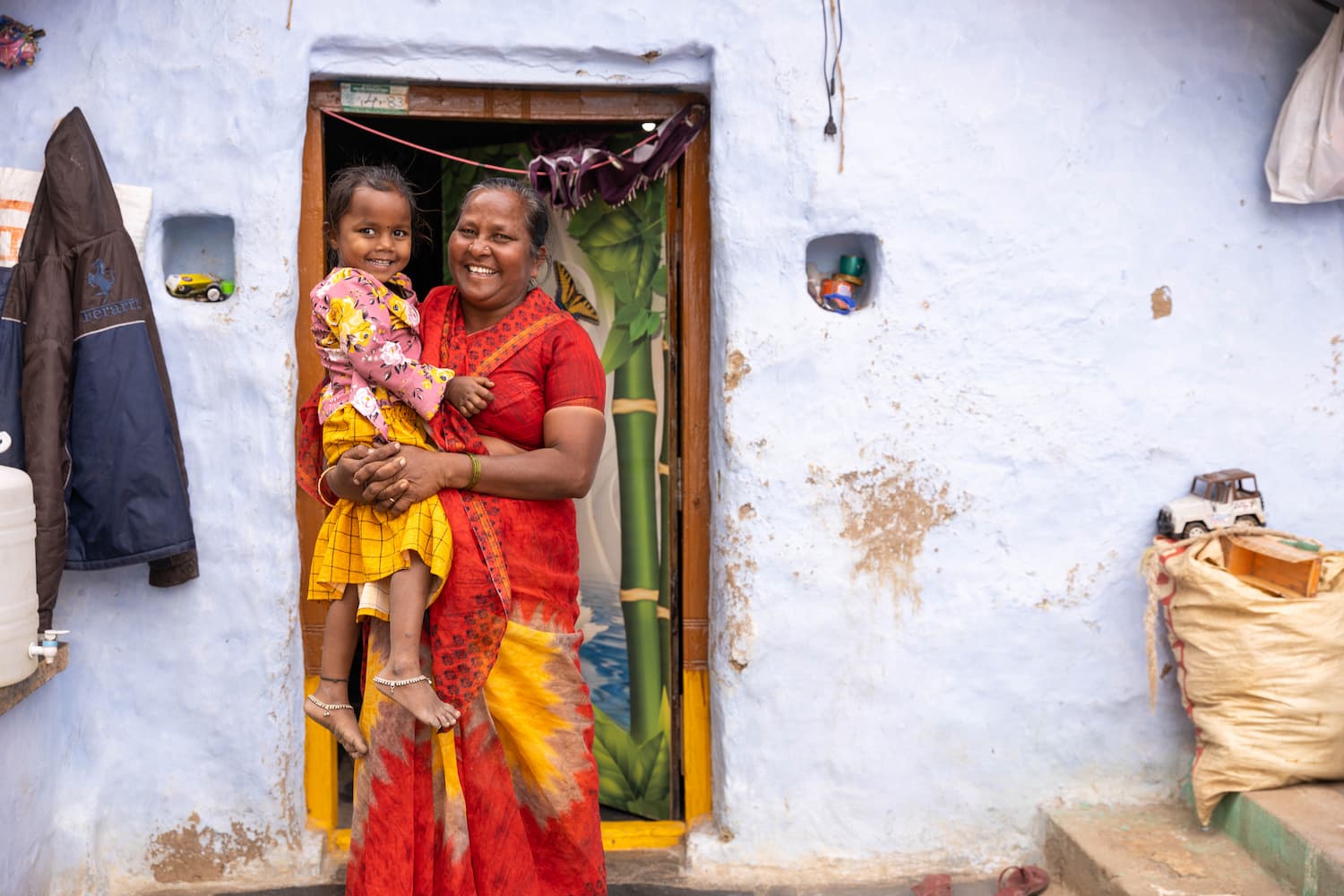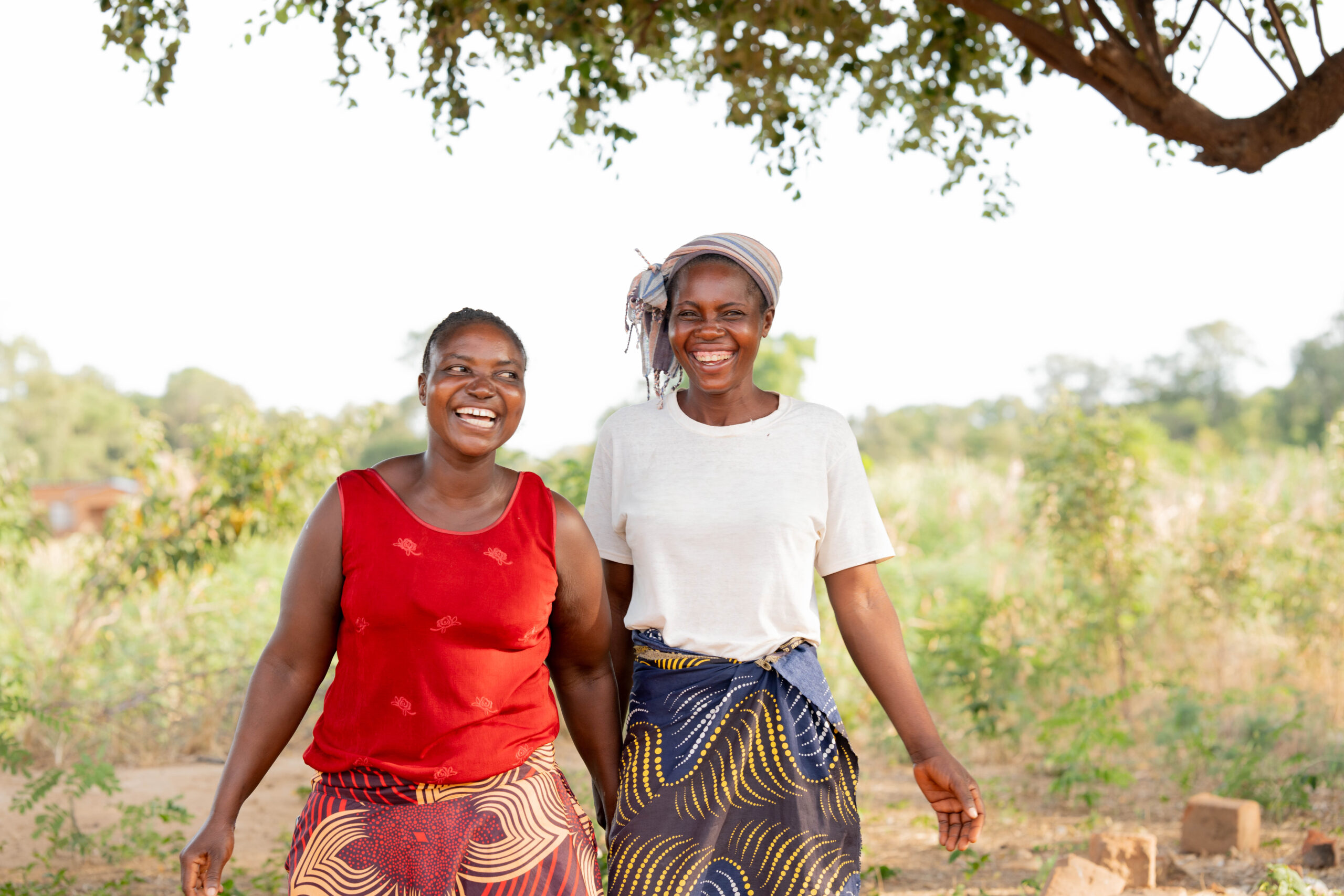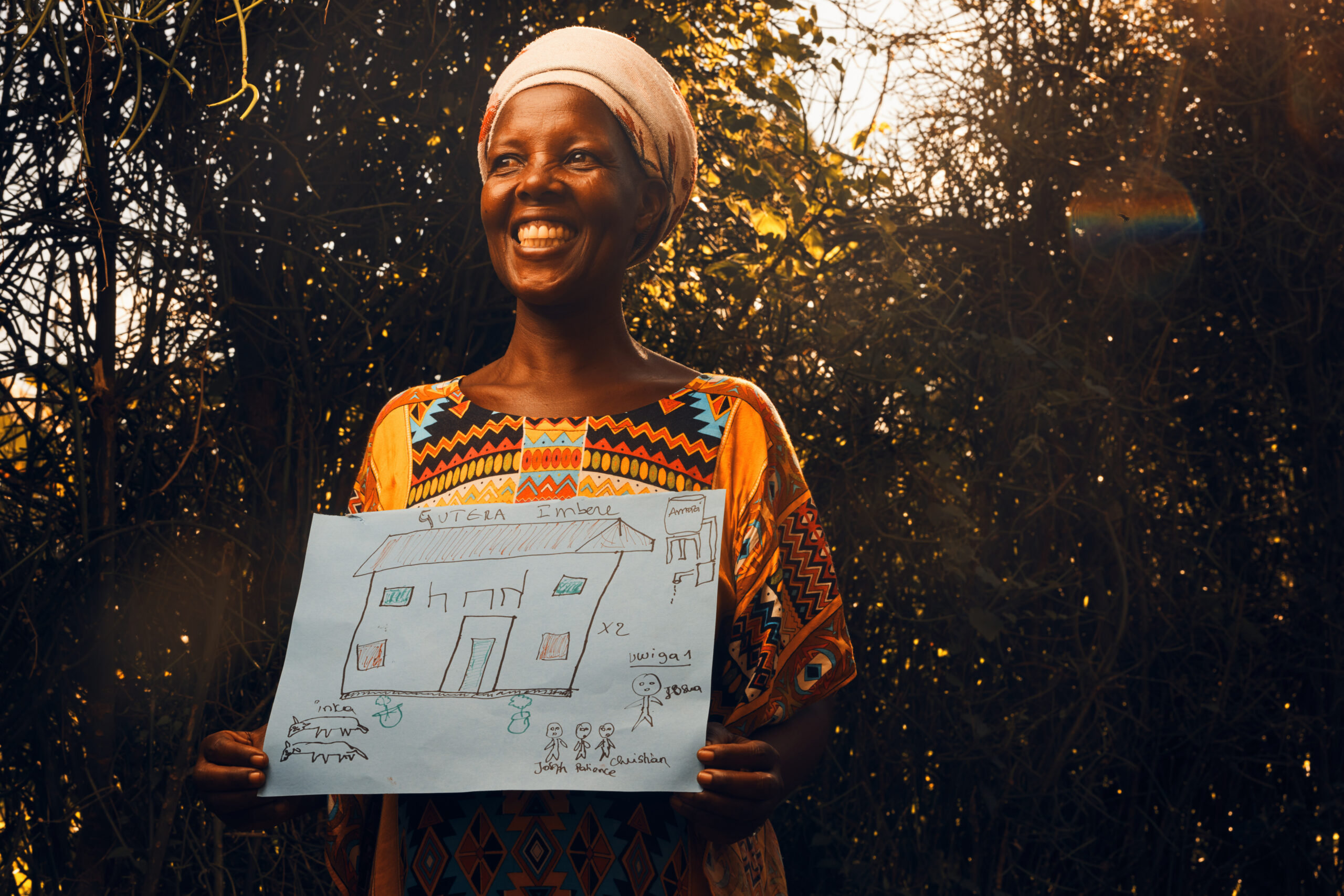When a co-worked shared Evelyn Nyamasoka’s story with me, it felt familiar. Having experienced poverty myself as a child in Rwanda, I know it can be difficult. I’ve seen how poverty robs families of dignity and opportunity.
When Evelyn’s husband left her unexpectedly several years ago, she was abandoned to care for her six children alone. A member of the Doma community in northern Zimbabwe, Evelyn experiences such extreme poverty that the idea of saving anything, even just a few cents, once seemed impossible. Life is hard for Evelyn. She must farm and fish alone, which can be dangerous because of animals like crocodiles and hippos in the area. And with sporadic rains, crops are difficult to grow.
 At HOPE International, we consider the Doma a “frontier” community: A group of people who have been isolated by poverty, marginalized, and unreached by the Gospel. When we surveyed some 200 Doma community members, 42% of them reported eating only one meal a day—and according to the Joshua Project, just 1% of the Doma people know Jesus. They live isolated from the rest of the country and receive few public services.
At HOPE International, we consider the Doma a “frontier” community: A group of people who have been isolated by poverty, marginalized, and unreached by the Gospel. When we surveyed some 200 Doma community members, 42% of them reported eating only one meal a day—and according to the Joshua Project, just 1% of the Doma people know Jesus. They live isolated from the rest of the country and receive few public services.
I hear about the challenges of communities like the Doma and it breaks my heart. I believe it breaks God’s heart, too. Continue Reading…








